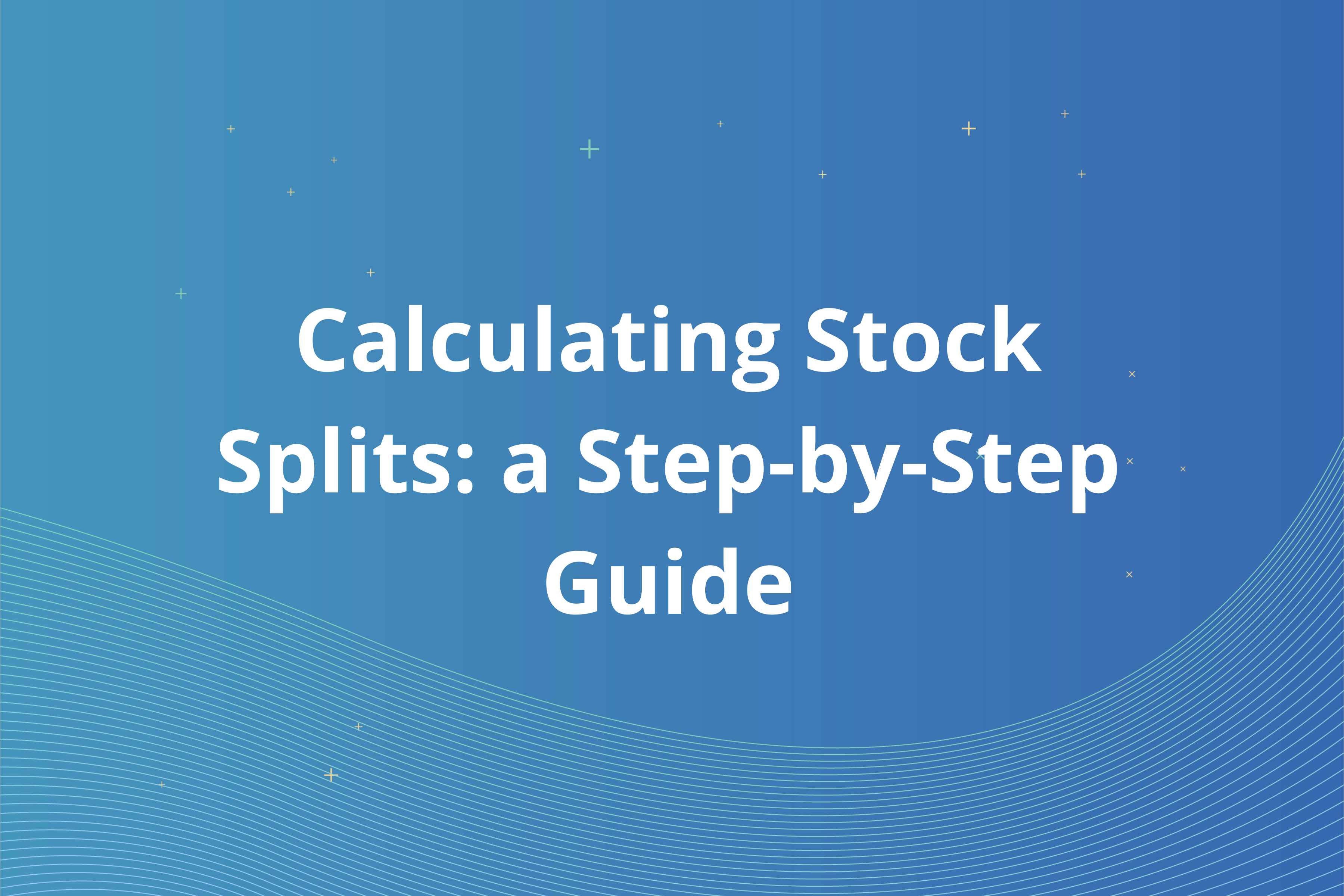A mutual fund is an investment  company that pools money from investors and invests in a portfolio of stocks, bonds, money-market instruments, or other securities or assets based on specific investment goals (such as capital appreciation, current income, principal protection, tax-free interest income, etc). Investors purchase shares of the mutual fund which represent an ownership stake in the fund, and entitle the investor to the income and capital gains that the fund generates from its investments.
company that pools money from investors and invests in a portfolio of stocks, bonds, money-market instruments, or other securities or assets based on specific investment goals (such as capital appreciation, current income, principal protection, tax-free interest income, etc). Investors purchase shares of the mutual fund which represent an ownership stake in the fund, and entitle the investor to the income and capital gains that the fund generates from its investments.
Investors choose to invest in mutual funds because they offer liquidity, diversification, and professional management.
- Liquidity – mutual fund shares are liquid because funds are required by law to redeem (i.e. stand willing buy their shares back from investors) all of their shares at the fund’s net asset value or NAV.
- Diversification – mutual funds can invest in a wide variety of assets, and as such, an ownership stake in a single mutual fund may offer an investor exposure to a many different securities, reducing or eliminating non-systematic risk (business-specific risk).
- Professional management – mutual funds may hire a portfolio manager to actively determine what securities to choose for its portfolio. Professional managers may have the experience, the knowledge, and ability to evaluate the many potential investments and select those most suited for the fund.
Knopman Notes
Mutual fund assets exceed $8 trillion dollars, and are a large portion of many retail investor’s portfolios and retirement accounts. In light of this, candidates for registration must demonstrate knowledge and mastery of the rules, regulations, and characteristics of these products. This includes the ability to match customer objectives with funds objectives, how customers can minimize sales charges (such as breakpoints), and fund’s tax characteristics.
Relevant Exams:
Series 7, Series 24, Series 63, Series 65, Series 66



